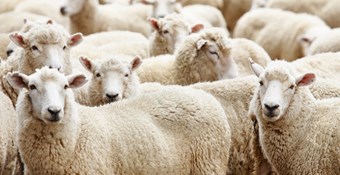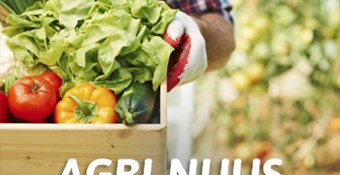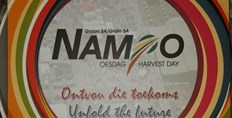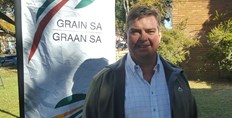NAMPO Harvest Day 2017
Make sure you know who is herding your livestock, police warn─── 12:26 Fri, 19 May 2017
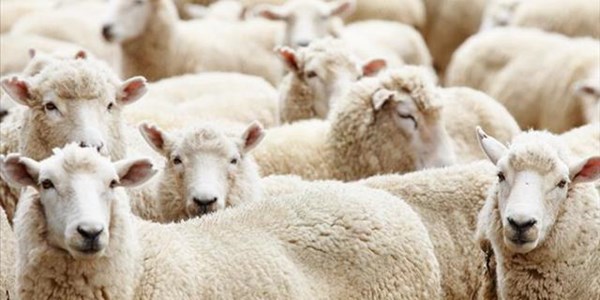
Free State – The Free State police have warned farmers to do proper verification on the people they employ to look after their cattle to prevent further stock theft, adding that the theft had a negative effect on the economy.
Lieutenant Colonel Mokhethi Khapola from the Odendaalsrus Stock Theft and Endangered Species unit in the Free State, was speaking at the SAPS stand at the Nampo Harvest Day festival in Bothaville.
Hundreds of farmers have this week gathered at the trade show to network and look at new technology in the agriculture sector.
Khapalo said his unit covered the Thabong and Welkom clusters, which included Bothaville.
He said the unit investigated cases where stock had been stolen from farms.
"We deal with the movement of stock. If we can address the movement of stock, we can address the issue of stock theft," he said.
Khapalo said when farmers moved stock from one area to another, they should always have proper documentation.
"If the owner of the livestock is not there, there must be a Section 8 document which states that the owner allowed another person to move the stock from point A to point B."
Brand marking
The particulars of the owner should be on the document, the details of the person transporting the stock, the mode of transport, as well as the exact number of stock, should be detailed in the document.
"You have to be specific, if you are transporting cows, the document has to state that you are transporting cows."
He said the brand mark on the cattle should also be detailed in the document.
"If you do not do that, the same document can be used to steal cattle from other farmers but if you have all the correct information on the document, we can try and curb stock theft."
Khapola said when there is a sale of stock, a Section 6 document needed to be completed by the person who is selling the stock. The document was similar to the Section 8 document.
"Farmers also need to be aware of the brand marking of the animals in terms of the Animal Identification Act, don’t mark the animal by just cutting the ear, in terms of agricultural registered marking, you have to apply for a unique brand mark for your cattle to prevent people using your unique stock ID.
"People also use their forefather’s markings, each farmer needs their own brand mark.
"We allow for farmers to use markings if their parents have died, they can use the branding but they have to apply to the department so that they can transfer that brand mark from their deceased parents to their name."
He said proper brand marking assisted the police when they conduct investigations.
"If we stop someone on the side of the road, we check the brand mark in the system."
Updating details
Khapola also urged farmers to update their particulars at the department of agriculture.
"Farmers also need to check who they employ to look after their stock. People tend to go for cheaper labour from other countries, there is nothing wrong with that, just ensure that you follow all the proper processes and have the correct documentation."
He said when police do their investigations and if it appears that one of the shepherds is involved in the theft, it makes it difficult for the police to trace a person without proper documentation or someone who is in the country illegally.
"If we only have a nickname, then we are not able to catch that person."
He said sometimes the theft was an inside job conducted by people who worked for the farmer and in other times, it was isolated acts of criminality.
He said cows were the most stolen stock, followed by goats and sheep.
"It also depends on the areas. In some areas, they steal horses. They use the horses as a mode of transport and then abandon them later."
'Really affects the economy'
Khapola said some animals are found alive and in other instances police find carcasses of the animals.
"If you slaughter someone's cow and leave the legs and only take the meat, for me that meat is too much for one person. I think the criminals sell the meat."
He said some stock is recovered at the scene after the animal has been slaughtered, sometimes police follow the tracks, which leads them to a scene and sometimes they recover stock during road blocks.
"What is worrying is that this is a crime that is on the increase and... it really affects the economy of the country."
He said the stock was often stolen from the farms and community kraals.
"Most of the cattle is stolen at night so we advise farmers to make sure that there is someone watching the cattle during the day and at night. During the day there are shepherds and we always question how the animals go missing when there are shepherds."
He also urged farmers to count their stock every day, in the morning and in the evening.

